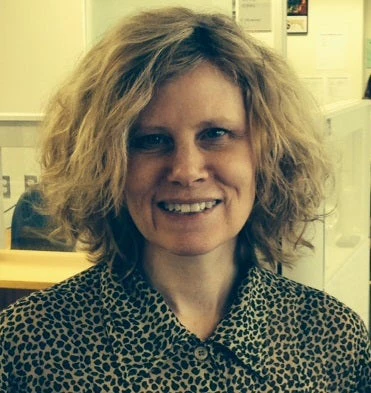The World Bank got the green light to ramp up work on social safety nets in a riskier world at the best-attended World Bank-International Monetary Fund Spring Meetings in the last decade.
The Bank's member countries also endorsed ongoing efforts to open up and modernize the Bank--encouraging creativity, innovation and knowledge-sharing for better results in an April 21 Development Committee communiqué. The committee, made up of the boards of governors of the World Bank and IMF, meets twice a year: during Spring Meetings and at the Annual Meetings in the fall.
The Spring Meetings and related events April 16 to 22 highlighted safety nets as a way to protect people from crises and to help "close the gap" in nutrition, gender equity, income and access to jobs. The Development Committee also called on the Bank to continue to look for solutions to the problems of fragile and conflict-affected states, food insecurity and malnutrition. High and volatile food prices are preventing millions of people from escaping poverty and hunger, according to the Bank’s latest Global Monitoring Report, released at the meetings.
Close the Gap: Safety Nets Work on April 18 brought together high-ranking officials from the Philippines and Brazil, development experts, and basketball stars to discuss, in a live webcast, how safety nets have changed lives in middle and low income countries, and why it’s important for governments to expand their investments in these programs. Some 80% of developing countries plan to create or improve safety nets, and this form of social protection is a critical component of the Bank’s new, 10-year Social Protection and Labor Strategy, released April 18.
Mexico’s Finance Minister José Antonio Meade participated in Closing the Gap with Financial Inclusion on the problem of 2.5 billion people around the world without bank accounts or access to credit, finance and insurance. The event followed the launch of the Bank Group’s new Global Financial Inclusion Database, which measures the use of financial services and identifies the "unbanked," who experience the greatest barriers to access. Meade also blogged about an initiative under Mexico’s leadership of the G20 this year that seeks to step up efforts to promote financial inclusion.
An expanded effort to open the meetings through social media saw multiple meetings live-tweeted and questions from online audiences woven into many discussions. Several events were simultaneously webcast, live-blogged and live-tweeted on World Bank Live, an online space where members of the public can discuss key development topics in real time. The public also submitted questions for 28 global leaders participating in 5 Questions in 5 Minutes, short, webcast interviews with Christian Friis Bach, the Danish Minister for Development Cooperation, UK Secretary of State for International Development Andrew Mitchell, and others.
The week also marked the two year anniversary of Open Data. The Bank’s decision to free up development data in April 2010 has helped raise the institution’s transparency rating. Earlier this month, the Bank announced a new Open Access policy for research and knowledge governed by Creative Commons licenses to encourage knowledge-sharing and innovation.
An outpouring of praise for outgoing World Bank President Robert B. Zoellick’s leadership caused the Development Committee meeting to run overtime on April 21. The committee recognized Zoellick for helping to make the institution “more open, transparent, accountable and ready for a new era of ‘modernized multilateralism,’” and it urged the Bank to continue to modernize, build and share knowledge, including through its forthcoming work on social safety net programs in developing countries.
Resources:


Join the Conversation